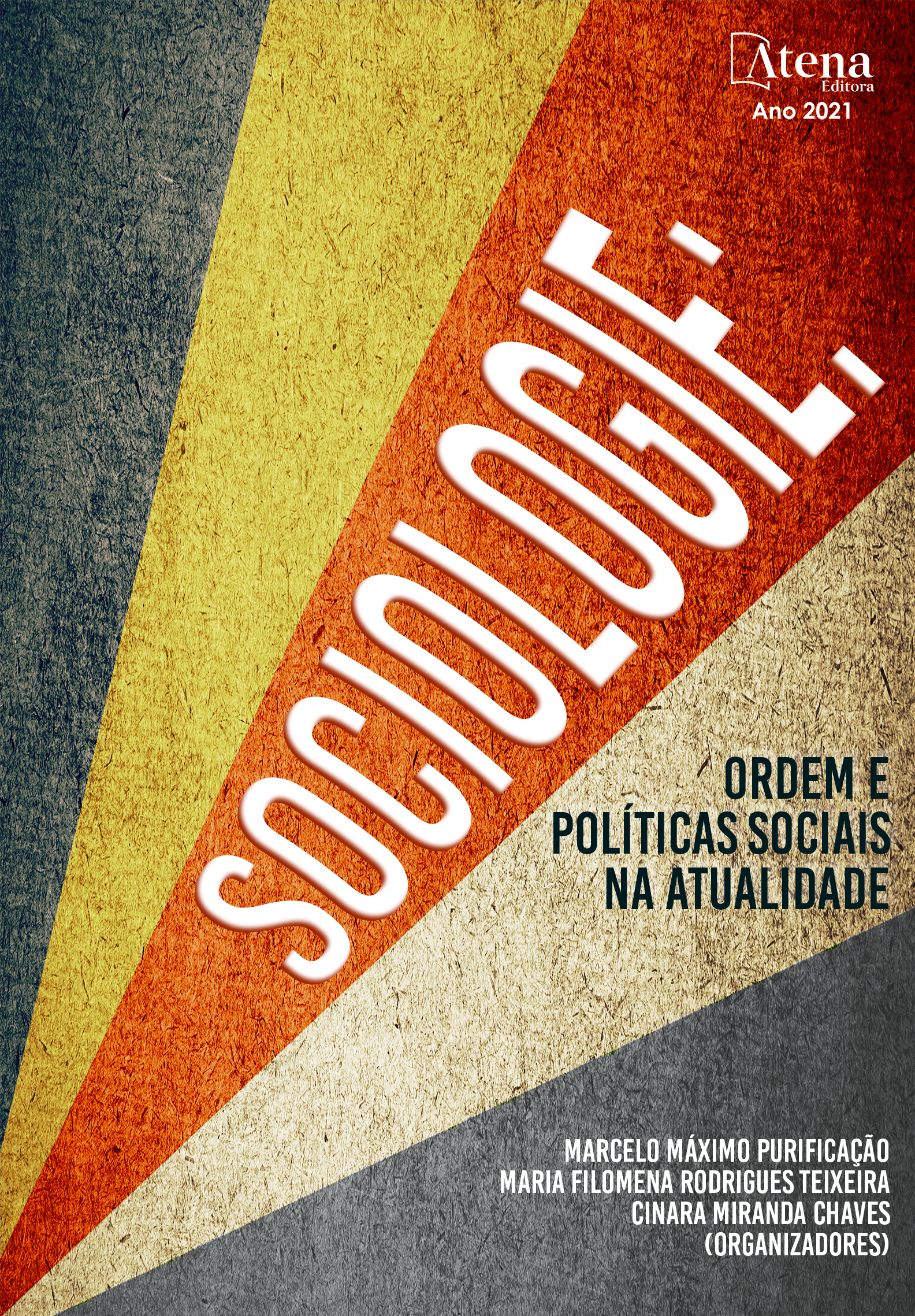
La iglesia Ministerio Internacional Encuentro con Jesús en Uruguay: un análisis cualitativo en el marco de la teología de la prosperidad
El presente artículo consistirá en un análisis cualitativo sobre la Iglesia “El Ministerio Internacional Encuentro con Jesús”, iglesia neopentecostal presente en Uruguay desde el año 2010. Dentro de las Iglesias denominadas neopentecostales, han florecido en América Latina y Estados Unidos -y nuestro país no es ajeno a este fenómeno- congregaciones religiosas cuestionadas por las mismas Iglesias Evangélicas, basadas en la teología de la prosperidad. Es por ello que centramos nuestra atención en la Iglesia “Encuentro con Jesús”, para dejar de manifiesto la presencia y modus operandi de estas religiones en nuestro país. A través del método “Análisis estructural del discurso” daremos cuento de las representaciones sociales que rigen el comportamiento de los fieles y pastores de la iglesia. Se analizará el papel relevante que juega el dinero en los cultos y la solicitud recurrente del aporte económico por parte de los fieles en sus diversas modalidades: ofrendas, diezmos, primicias, etc. Se constatará, a través de los testimonios de los fieles, que incluso aquellos fieles en situación de vulnerabilidad son aquellos que siempre aportan su ofrenda. Asimismo hay por parte de los fieles una “emulación” hacia la figura del pastor, a quien llaman “papá”, y al que deben “honrar” (económicamente) para que tenga el mejor reloj, la mejor ropa, el mejor auto, etc. Esta donación económica es totalmente aceptada por los fieles sin ningún tipo de cuestionamiento y en muchos casos la realizan voluntariamente bajo el temor de la maldición que les puede llegar si no lo hacen. La enorme paradoja de esta maquinaria religiosa que exprime económicamente a los fieles hasta el último peso es que, inmersos en la búsqueda afanada de prosperidad económica a través de canales religiosos, quedan en una situación de vulnerabilidad aún mayor y envueltos en una situación de dependencia psicológica con las autoridades de la iglesia, adoptando una actitud pasiva en lo que refiere a las posibilidades reales de poder salir de esa situación.
La iglesia Ministerio Internacional Encuentro con Jesús en Uruguay: un análisis cualitativo en el marco de la teología de la prosperidad
-
DOI: 10.22533/at.ed.79621291111
-
Palavras-chave: religión, neopentecostalismo, dinero, teología de la prosperidad, evangélicos
-
Keywords: The church Ministerio Internacional Encuentro con Jesús in Uruguay: a qualitative analysis within the framework of prosperity theology
-
Abstract:
This paper will consist of a qualitative analysis of the Church "The International Ministry Encounter with Jesus", neopentecostal church present in Uruguay since 2010. Within the so-called Neo-Pentecostal Churches, they have flourished in Latin America and the United States - and our country is no stranger to this phenomenon - religious congregations questioned by the Evangelical Churches themselves, based on the theology of prosperity. That is why we focus our attention on the Church "Encounter with Jesus", to reveal the presence and modus operandi of these religions in our country. Through the method "Structural analysis of discourse" we will give an account of the social representations that govern the behavior of the faithful and pastors of the church. The relevant role played by money in the cults and the recurrent request of the economic contribution by the faithful in their various forms: offerings, tithes, firstfruits, etc. will be analyzed. It will be verified, through the testimonies of the faithful, that even those faithful in a situation of vulnerability are those who always bring their offering. There is also on the part of the faithful an "emulation" towards the figure of the pastor, whom they call "dad", and to which they must "honor" (economically) so that he has the best watch, the best clothes, the best car, etc.This economic donation is fully accepted by the faithful without any questioning and in many cases they voluntarily do so under the fear of the curse that may come to them if they do not do so. The huge paradox of this religious machinery that economically squeezes the faithful to the last weight is that, immersed in the hunted pursuit of economic prosperity through religious channels, they are left in a situation of even greater vulnerability and involved in a situation of psychological dependence with the authorities of the church, adopting a passive attitude in what refers to the real possibilities of being able to get out of that situation.
-
Número de páginas: 12
- Victoria Sotelo


